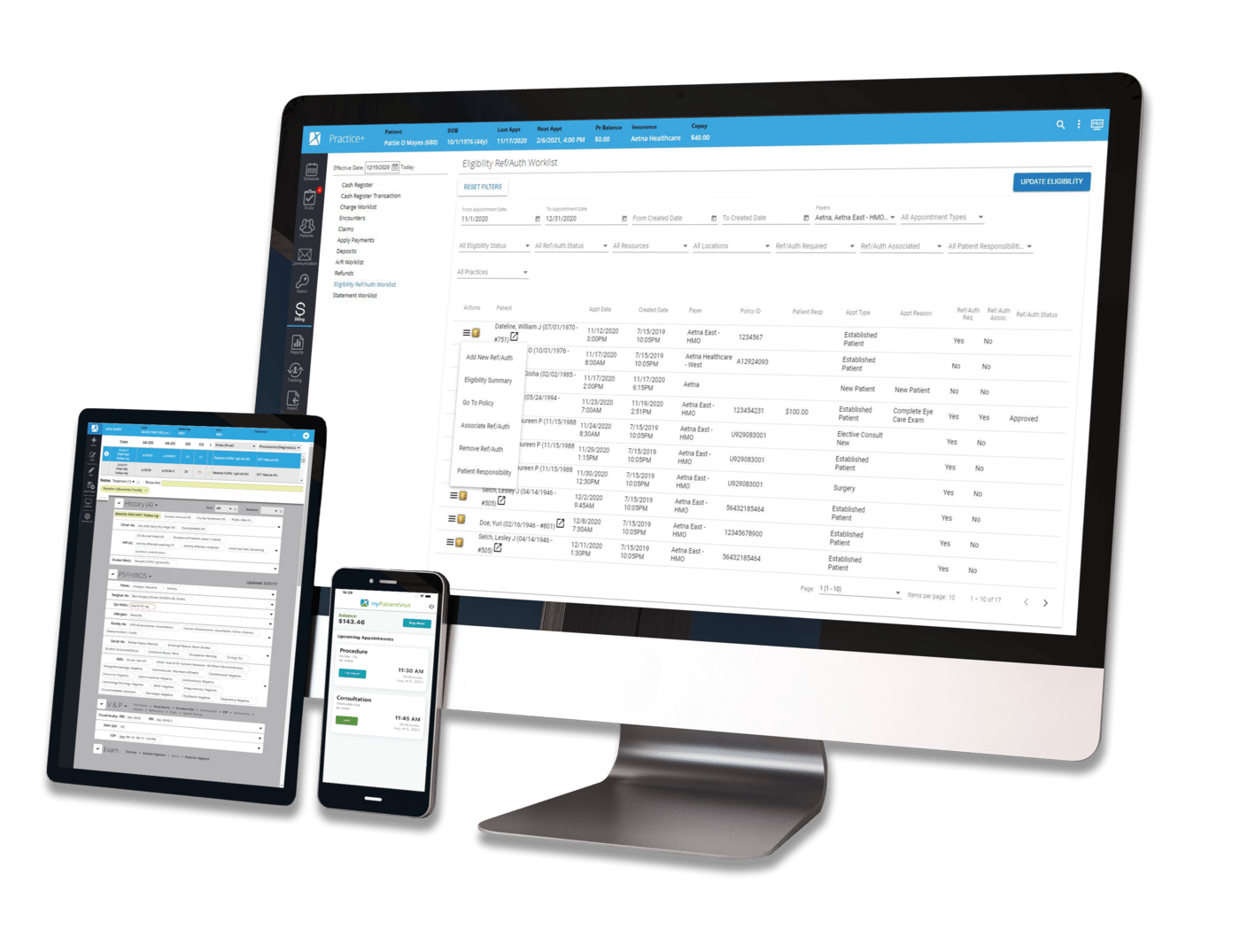Latest Articles
The latest news and information regarding electronic medical records, practice management software, HIPAA, and security from Nextech.

By:
Nextech
May 6th, 2015
The Health Insurance Portability and Accountability Act was developed in 1996 not only to make it simpler for people to maintain health insurance, but also to enhance the confidentiality and security of health care information. While it has been around for nearly two decades, full implementation of HIPAA is still very much under way, and providers have continued to make changes, from implementing new defenses to upgrading practice management software, in order to comply.

Patient Engagement | Healthcare Technology
By:
Nextech
May 5th, 2015
More than ever, it's incredibly important for medical professionals to do everything they can to maintain patient satisfaction. Studies show that physicians who engage in direct eye contact with patients are perceived as more empathetic and well-liked. This can be facilitated with mobile tools. Nextech's EHR solution works on both a PC and an iPad, allowing you to choose the best device for patient interaction. With the iPad app, you can keep direct eye contact in the exam room and even stay connected to your patients and your practice wherever you go.


By:
Nextech
April 28th, 2015
Between upkeeping accurate electronic medical records, establishing and maintaining reliable revenue streams and continually developing your staff professionally, there's a lot to consider when you're running a medical practice. With all of these tasks requiring high-level attention on a daily basis, it can be hard to find the time to ensure that you're doing everything you can to build your practice's brand and client awareness. Luckily, living in the digital age means this process now requires less effort than ever before. Taking note of and implementing a few key tips and methods into your practice can help you build a meaningful online brand that can expand your client base and revenue streams while also bettering your reputation. Take a look at these helpful ideas when it comes to marketing:

By:
Nextech
April 24th, 2015
Transcript: Hi there, and welcome back to the Nextech blog! Today we'll be discussing how to talk to your staff about the impending ICD-10 transition.

Patient Engagement | Healthcare Technology
By:
Nextech
April 22nd, 2015
Things have changed a lot since that epic and historic moment, all those years ago, when Al Gore invented the internet (and yet, oddly enough, his name isn’t mentioned once in the history of the internet). Just kidding… About Al Gore, not about things changing. They have changed. A lot… Especially when it comes to how we use the internet. And I’m not just referring to the shocking number of people who ended up using it primarily just to look at pictures of cats. Originally, searching the internet required a desktop computer with a dialup modem that would scream at the user until a connection was established (remember that sound?). These days, we have Wi-Fi that allows us to access the internet from various devices—desktops, laptops, tablets, smartphones, and even our cars.

By:
Nextech
April 20th, 2015
Recent advancements in technology have put mobile devices in the spotlight in the healthcare industry. More physicians and specialists are harnessing the power, mobility and convenience of smartphones and tablets in clinical settings, using them to view electronic medical records, schedule appointments and display clinical information for patients without the need of a full personal computer setup. The increasing prominence of these platforms in healthcare settings has spurred an accelerated development of medical software applications.

By:
Nextech
April 13th, 2015
Today we'll be discussing strategies for bringing patients back to your practice.